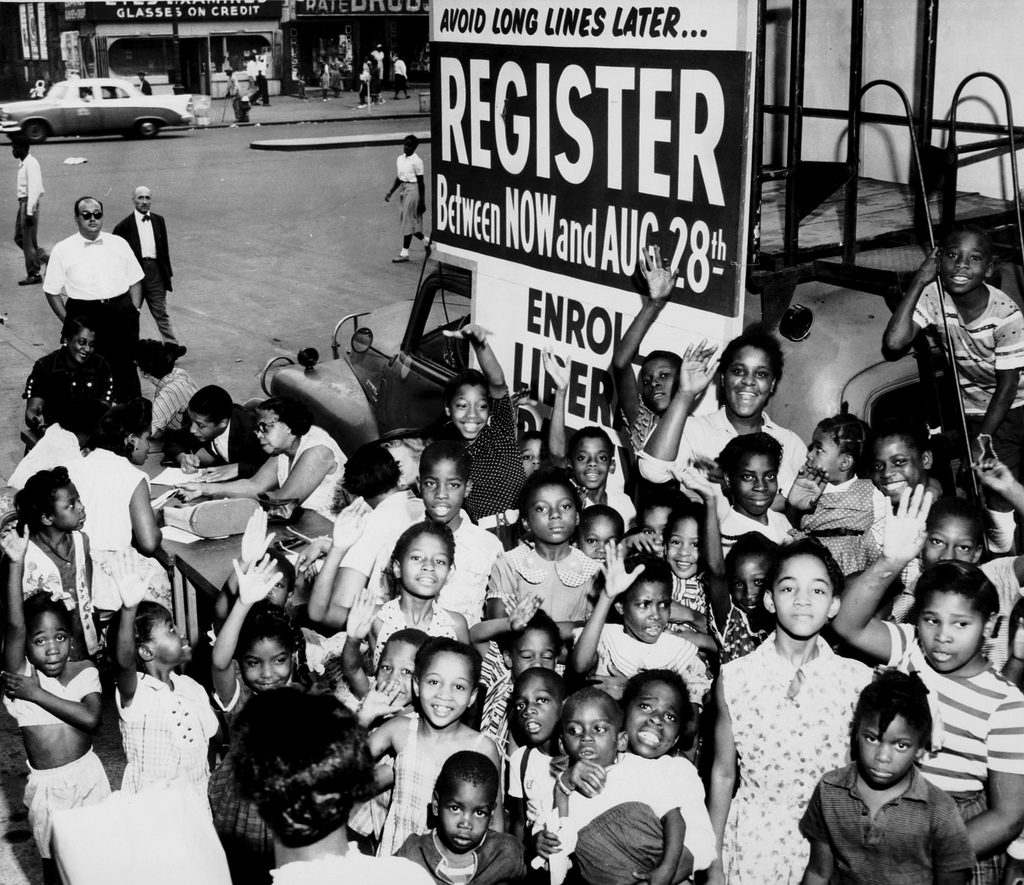On Monday, October 26, the American Studies program will devote an evening to pondering the imminent American election. All are welcome. We look forward to a lively discussion with students and alumni. Sign up for the Zoom webinar here.

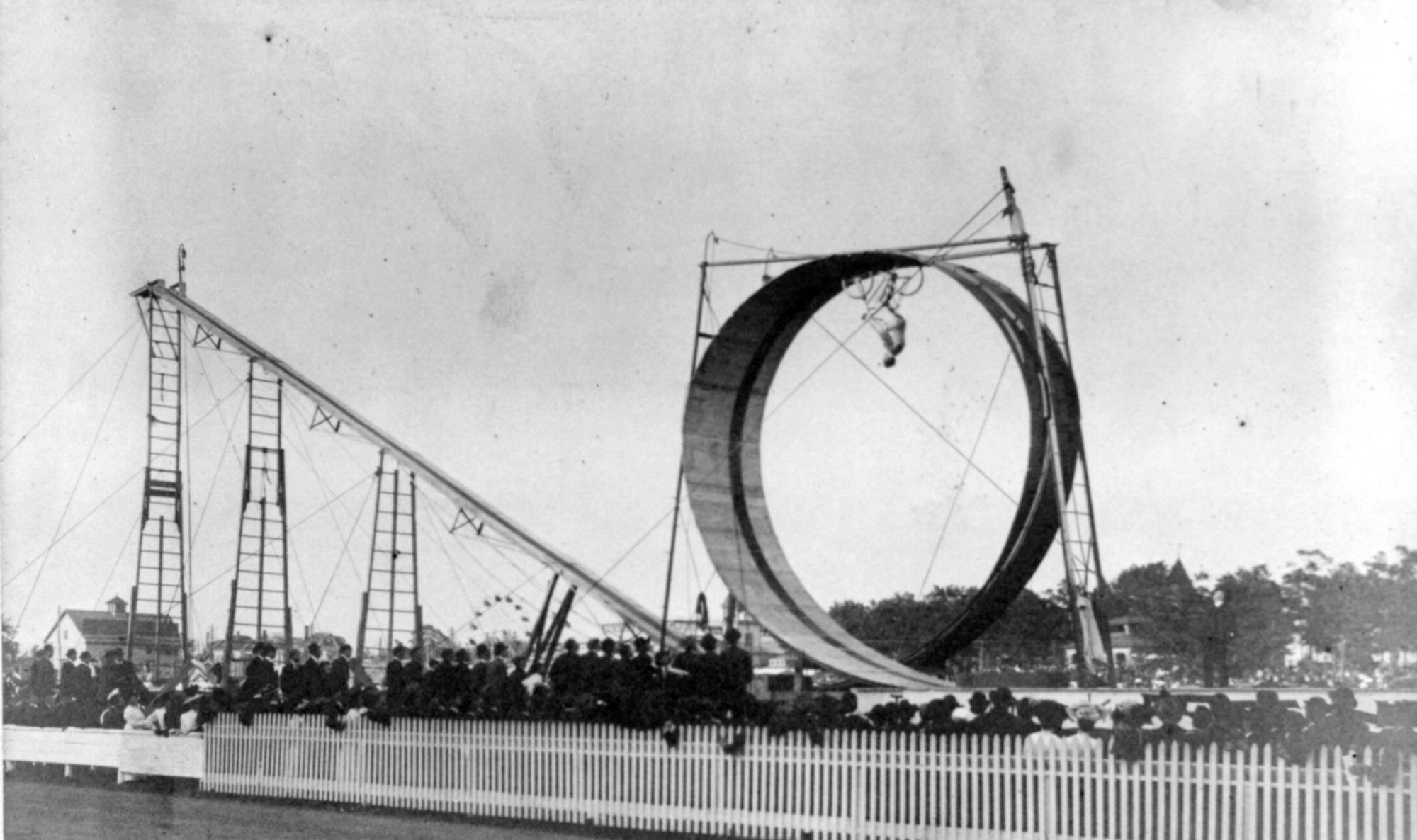
University of Amsterdam
On Monday, October 26, the American Studies program will devote an evening to pondering the imminent American election. All are welcome. We look forward to a lively discussion with students and alumni. Sign up for the Zoom webinar here.

On August 28, the UvA American Studies program’s Manon Parry was a guest on the FiveThirtyEight podcast, to discuss governmental responses to COVID-19 in the Netherlands and the United States. The conversation is wide-ranging: from Dutch refrains of an “intelligent lockdown” to American refrains of “individualism,” from mask mandates (and the inconsistencies thereof) to the reactions against governmental policies in both contexts.
The conversation arrives at profound questions: on the politics of austerity and end-of-life care, and what is hidden by the stories we tell about “national character.”
The interview with Parry begins in the podcast’s second half.
Just Because We Can Get Reinfected With COVID-19 Doesn’t Mean We Can’t Beat It
In 1917, Max Weber said, about the United States, that “it is often possible to see things in their purest form there.” He was talking then about scholarship as a vocation (“Wissenschaft als Beruf“), reflecting on the “Americanization” of German academic life, but it was a broader theme running through his work.
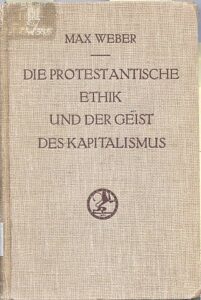 “America Inside Out” is an MA seminar in our program about international perspectives of the United States. Among its texts is Weber’s The Protestant Ethic and the Spirit of Capitalism (1904-1905). That book grew out of a trip to the U.S. in 1904, where, as the American Studies program’s George Blaustein writes in the New Republic, Weber “faced the lurid enormity of capitalism.” Looking upon Chicago (the focus of the BA course Metropolitan America), with its slaughterhouses, the strikes, the multi-ethnic working classes, Weber felt he was looking at “a man whose skin has been peeled off and whose intestines are seen at work.”
“America Inside Out” is an MA seminar in our program about international perspectives of the United States. Among its texts is Weber’s The Protestant Ethic and the Spirit of Capitalism (1904-1905). That book grew out of a trip to the U.S. in 1904, where, as the American Studies program’s George Blaustein writes in the New Republic, Weber “faced the lurid enormity of capitalism.” Looking upon Chicago (the focus of the BA course Metropolitan America), with its slaughterhouses, the strikes, the multi-ethnic working classes, Weber felt he was looking at “a man whose skin has been peeled off and whose intestines are seen at work.”
Weber theorized the rise of capitalism, the state and its relationship to violence, the role of “charisma” in politics. Again and again he returned, as we still do, to the vocation—the calling—as both a crushing predicament and a noble aspiration. He died 100 years ago, in a later wave of the Spanish flu. It is poignant to read him now, in our own era of pandemic and cataclysm. It might offer consolation. Or it might fail to console.
Read those reflections on the relevance and irrelevance of Weber’s writings in an era of pandemic and political upheaval here: “Searching for Consolation in Max Weber’s Work Ethic,” The New Republic (July 2, 2020). Read them in Dutch translation here: “De onttovenaar van de wereld,” De Groene Amsterdammer 144:25 (June 17, 2020), p. 36-41.
The American Studies program’s Manon Parry is also Professor of Medical History at the Vrije Universiteit Amsterdam. Starting in February 2020, she has taught the Introduction to Medical and Health Humanities. It was clear then that coronavirus would became “a topic we could not ignore in our class,” she noted. Her course materials and her writings about the pandemic are available on the website of the PULSE Network, for medical and health humanities.
Course materials of interest to Americanists include the historian Nancy Tomes’s account of the influenza pandemic, and her history of US health care debates:
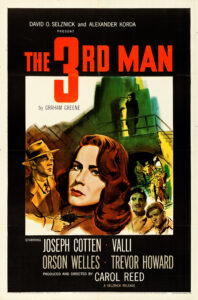
We often treat jazz like an old painting, a precious object to be handled with care. But what of jazz’s present, and its future? We are living in jazz’s second century, and it is a golden age. In Playing Changes: Jazz for the New Century, the acclaimed critic and journalist Nate Chinen has chronicled jazz in our time.

Playing Changes: Jazz for the New Century
A book presentation and interview with Nate Chinen
Sunday, October 13, 2019, 2-3:30pm
Bimhuis
Piet Heinkade 3, 1019 BR Amsterdam
Named one of the best books of 2018 by NPR, GQ, Billboard and JazzTimes, Playing Changes is the definitive guide to jazz now, and a musical history of the present. “Whatever you choose to call the music, ‘jazz’ is as volatile and generative now as at any time since its beginnings.” In jazz parlance, “playing changes” has long referred to an improviser’s resourceful path through a chord progression. Playing Changes expands on that idea, following the musicians and the music through the many ideological, technological, theoretical, and practical changes that jazz has seen. The book’s musical cast is broad and multi-generational, from Wayne Shorter to Brad Mehldau to Esperanza Spalding. The music in it is alive. Chinen traces the influence of jazz education; considers a globalized jazz ecology; and explores the pollination between jazz and other musics, like hip-hop and R&B.
Join us at the Bimhuis for an afternoon with Nate Chinen, a former critic for The New York Times. He will read from the book, with musical illustration, and discuss its themes with moderator George Blaustein.
This event is sponsored by the Bimhuis, the John Adams Institute, and the Netherlands American Studies Association (NASA).
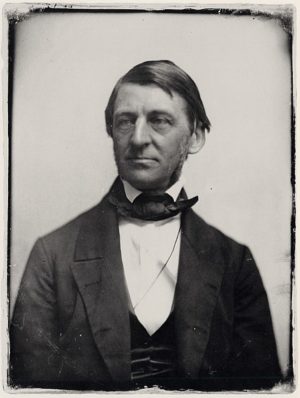
From the American Studies program’s George Blaustein, an essay on Joe Biden and the currents of modern grief, in the New Republic:
“I grieve that grief can teach me nothing.” The sentence is Emerson’s, from “Experience,” an essay written in 1844, two years after his own son’s death. How cold it seems, at least at first, as if the primary grief is canceled mathematically out by the secondary grief: Grief has no utility, let us dispense with it. A terrible thought. But this is a misreading, for that secondary grief about grief’s failure is, after all, still its own kind of grief. This is also terrible, but not cold. One feels in it a quiet, spiraling sorrow.
Biden, Emersonian recitations in his childhood mirror notwithstanding, is the un-Emerson: Grief has been central to his education. It has taught him a manner of communion, something like a pre-political or supra-political language. It is esoteric but crosses political divides. What that grief should teach us, as a polity, is harder to say. Biden’s 2020 campaign marshals grief anew, in a manner distinct from the secret, salutary mourning he performed as vice president. Sad ironies abound in this. Grief—unmastered, unprocessed—kept him from running in 2016, though he may very well have won. But now, grief has been refined into purpose (we might call it Biden’s sixth stage of grief) and propels him toward the presidency again.
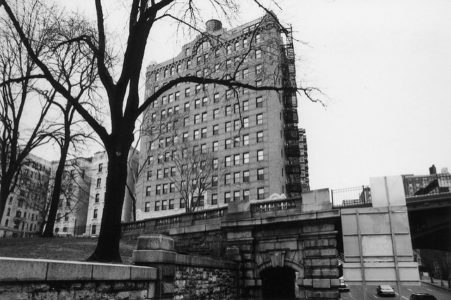
Long a monument of 20th-century German literature, Uwe Johnson’s *Anniversaries: From a Year in the Life of Gesine Cresspahl* has finally been translated into English by Damion Searls, for New York Review Books. Each chapter is a day in the life of Gesine Cresspahl, a German woman living in New York. Running to 1700 pages, the novel tacks between the New York of 1968 and the Germany of the 30s, 40s, and 50s. It is of interest to Americanists, the American Studies program’s George Blaustein writes, not only for its setting but because the novel is a product of transatlantic cultural exchange:
‘‘Like many a modern European writer, Johnson saw America in fiction before he saw it in fact. He translated Herman Melville in East Germany, but Faulkner stirred him most. Jerichow, Mecklenburg, is Johnson’s answer to Faulkner’s Yoknapatawpha County: a setting, both mythic and mundane, for interlocking novels that aspire to a historical reckoning but finally find history unreckonable.”
From fascism through the American and Soviet occupations of Germany, through the upheavals of the 1960s, Johnson’s subject was, ultimately, the West. Anniversaries “is a novel of transatlantic communion: agonized, probably doomed, and yet intimate.”
Read the full essay here: “A New Translation of an Anti-Heroic German Doorstopper of 1968,” New Yorker (November 26, 2018).
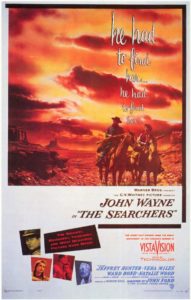
Thursday, November 15, 2018
6:30-10pm
Belle van Zuylenzaal
University Library
Singel 425, 1012 WP Amsterdam
The western classic The Searchers (1956) is one of the most influential movies of the post-war period. It is a psychological study of a revenge-driven Civil War veteran Ethan Edwards (John Wayne) and his quest to find his kidnapped niece. Its themes are grand—clash of cultures, racism, chaos versus civilization, family and honor—but
what made it so groundbreaking was the intensity and ambiguity of the main character. Filmmakers of the so-called “New Hollywood” were influenced by Wayne’s uncompromising and psychotic portrayal, in particular Paul Schrader’s Hardcore and Martin Scorsese’s chilling Taxi Driver.
George Blaustein (American Studies, UvA) will consider John Ford’s greatest film as the apotheosis of the Western as a genre, but also a unique artifact, remarkable for its afterlife inside and outside the United States. This short lecture will reflect on the workings of the genre that won’t die: what the Western meant, as well as what it might mean now, as new spins on the Western abound.
Marko Petrovic (librarian and cinephile) will give a short introduction about the making of the film and about the contradictory persona of the legendary director John Ford.
Seats are limited, so please register via email to bibliotheek@uva.nl.
The U.S. midterm elections take place Tuesday, November 6. We are two years into the Trump era, and rarely have the midterms been so important and so rancorous. The American Studies faculty of the University of Amsterdam will reflect on local, national, and international reverberations, in light of the deeper past and with an eye toward the future. With presentations by Ruud Janssens, Katy Hull, Eduard van de Bilt, and George Blaustein.
All are welcome. Please register by email to secr-geschiedenis-fgw@uva.nl.
Tuesday, November 6, 2018, 5:30-8pm
Bushuis/Oost-Indisch Huis, room F0.21
Kloveniersburgwal 48
1012CX Amsterdam
5:30pm – Welcome
6-7pm – Forum and discussion
7-8pm – Borrel
Drinks and snacks will be served.
